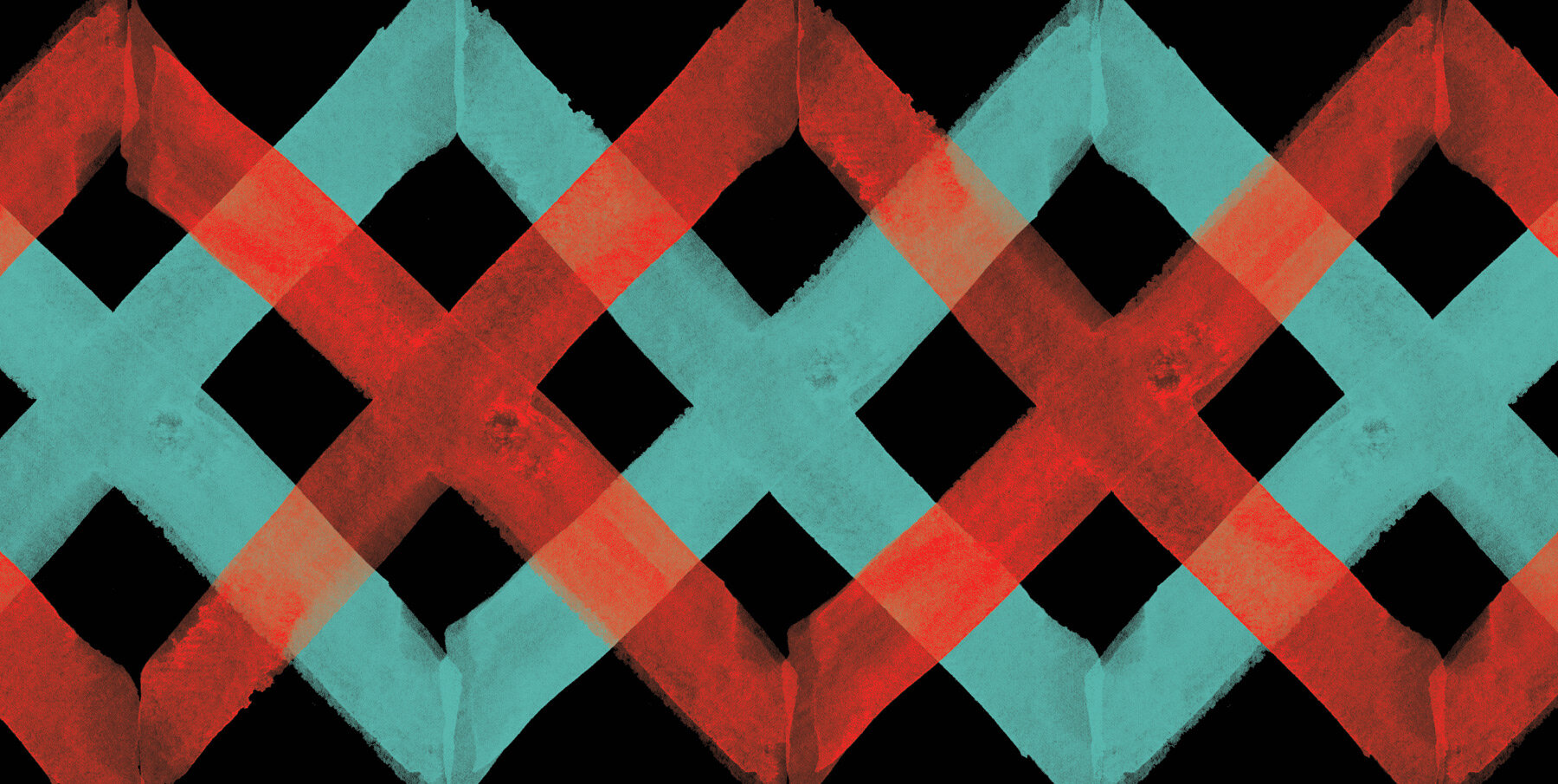
Peace, Security and The Future of Conflict
pursuit of a just world, the future cries out to us to navigate peace, security and human rights in ways that reflect the evolving nature of conflict.
We live in a time of profound crisis, driven by interconnected and existential threats where conflict has metastasized and violence is manifesting in new and multidimensional ways. A global pandemic, the devastating impacts of climate change, conflicts driven by resource scarcity, while racial and economic injustice erodes trust in the basic social contract fueling authoritarianism and extremism. Civil societies are often poisoned by extremist voices on social and mass media, sowing disinformation, fear and hatred. How do we sustain humanity, build inclusive peace, pursue justice, and strengthen human rights in the face of such adversity?
We start by recognizing that solutions are interconnected. Peace, security and human rights are fragile when we attempt to achieve the conditions for each separately, yet resilient when each serves to support the other. A society without peace, security and human rights coexisting is not sustainable. Yet too often, activists, leaders and philanthropists silo their efforts and fail to listen to the communities most affected and lift up their solutions. To counter the acute global threats of our era we must integrate our work in pursuit of peace, security and human rights as the collective building blocks of human dignity as well as progress and development. During this year’s Article 3 Human Rights Day program, we will explore how the human rights movement can provide a path forward towards a world where rights are respected, basic human needs are met, and, in the words of Article 3 of the Universal Declaration of Human Rights, “Everyone has the right to life, liberty and security of person.”
This year’s recipient of the Article 3 Human Rights Global Treasure Award, Leymah Gbowee, known as the “Mother of Peace,” exemplifies the wisdom and power of those closest to the problems to advocate for and achieve peace. Gbowee received the Nobel Peace Prize in 2011 for her work in Liberia, where she led a nonviolent, women-centered movement to end the nation’s civil war. Today, as Executive Director of the Women, Peace, and Security program at the Earth Institute at Columbia University and through her work with PeaceJam Foundation, Gbowee continues to elevate women and emerging leaders in building peace and security.
Honoring
Leymah Gbowee
“If you’re hungry, keep working; if you’re thirsty, keep working; if you want a taste of freedom, keep working; until peace, justice and the rights of women are not a dream, but are part of the present.”
2011 Nobel Peace Laureate Leymah Gbowee is a Liberian peace activist, trained social worker and women’s rights advocate.
Tribute Remarks
Ms. Amina J. Mohammed is the Deputy Secretary-General of the United Nations and Chair of the United Nations Sustainable Development Group.
Special Guest
Mrs. Adela Raz is the Ambassador of Islamic Republic of Afghanistan to the United States of America. She is also the designated non-resident Ambassador to Argentina, Mexico, the Dominican Republic, and Colombia.
Featured Speakers
Melanie Greenberg is Managing Director for Peacebuilding at Humanity United, a foundation seeking to alleviate human trafficking and to end violent conflict. Before joining Humanity United she was CEO of the Alliance for Peacebuilding, a network of over 100 organizations working in 153 countries.
Dr. Akwasi Aidoo is a philanthropy professional, human rights and peace advocate, and poet. He is currently a Senior Fellow at Humanity United and was the founding Executive Director of TrustAfrica – a foundation dedicated to promoting equitable development and democracy in Africa.
Dr. Lederach is internationally recognized for his pioneering work in the field of conciliation and conflict mediation. He has provided consultation for peacebuilding efforts in Somalia, Northern Ireland, Colombia, the Basque Country, the Philippines, Tajikistan, Nepal and in East and West Africa.
Sarah (Holewinski) Yager is the Washington Director at Human Rights Watch, and leads the organization’s engagement with the United States government on global human rights issues, with a particular focus on national security and foreign policy.
Photo by Baron Silverton
Glen Galaich joined the Stupski Foundation as CEO in 2015. Glen leads the overall strategy of the Foundation and oversees the programmatic focus areas and operations. Glen previously served as CEO of The Philanthropy Workshop, whose mission was to educate, inspire, and activate a peer network of effective, engaged, and innovative philanthropists.
Azadeh Moaveni is Crisis Group’s Gender Project Director. Prior to joining the organisation, Azadeh worked in academia as Senior Lecturer in journalism at New York University in London and Kingston University, with a focus on conflict reporting.
Tribute Speakers
Abby Disney, Sarah Jewell, Lineo Matlakala, John Prendergast, Darren Walker
Musical Performance
Cuban pianist and composer Aldo López-Gavilán was born in Havana to a family of internationally acclaimed classical musicians, his father a conductor and composer, his mother a concert pianist.
Having taught for six years at Juilliard School's Music Advancement Program, Mr. Gavilán is currently engaged in a visiting Residency at The Royal College of Music in London as first violinist of the Harlem Quartet.












